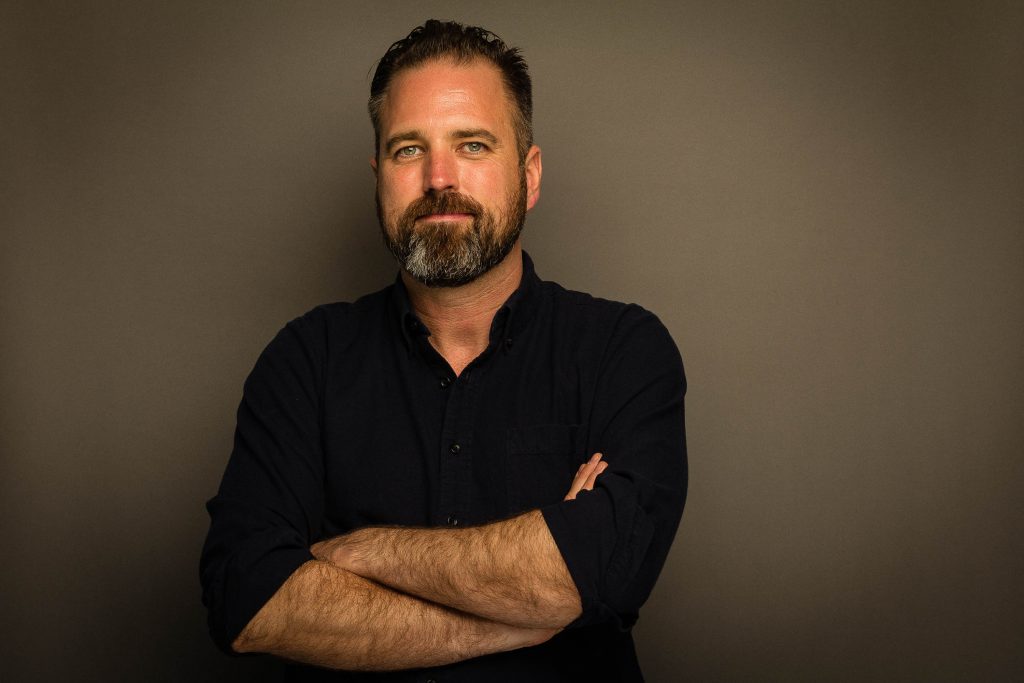How Do You Get a Voiceover Agent?

Table of Contents
- Can anyone get into voice acting?
- How hard is it to get into voiceover work?
- Can you be a voice actor without training?
- Is it easy to get an agent?
- What does an agent do for a voice actor?
- What is the difference between a union and non-union voiceover agent?
- Should I get a voiceover agent?
- Do I need an agent for voice over work? How much does a voiceover agent cost?
- How do you get a voiceover agent?
- How should I approach a voiceover agent?
- In conclusion
The four main things you’ll need to get a voiceover agent are:
- A professionally produced voiceover demo
- Demonstrated professionalism
- Home studio
- Unique voice style
How Do You Get a Voiceover Agent?
To get signed as talent on a voice agency’s roster, you’ll need to first impress the agent with a demo that showcases the work you are capable of delivering in the studio when you get a booking. Second, you need to demonstrate that you can conduct yourself in a professional manner both through correspondence and your behavior in person. Third, you’ll need a home studio capable of delivering broadcast-quality audio recordings. Last, but not least – you need to approach the right agent at the right time
The unwritten fifth element is patience. It can take a long time to sign with one of the big agencies. Follow up with the agencies you’ve applied for – being careful to stay on the good side of the line between persistent and annoying. Remember, voice agents receive a lot of submissions from aspiring voice talent.
Can anyone get into voice acting?
Yes, anyone can get into voice acting but only those who put in the effort will survive. You’ll need more than just a desire to work; talent goes a long way but paid voiceover (VO) sessions are only awarded to those with sufficient skill, and experience.
How hard is it to get into voiceover work?
The voiceover industry is highly competitive. It takes time to build up a roster of repeat clients who regularly need recordings from you – and that is key to your success as a voice actor.
Repeat clients and one-off jobs can be secured through word of mouth and pay-to-play sites. It’s unlikely however, that this will lead to enough money to live off.
To become a full-time voice actor, you should consider signing with a reputable agent.
Sending a poorly produced demo is the worst thing you can do if you’re seeking representation from a voiceover agent
Can you be a voice actor without training?
Conceivably, yes it is possible for someone to hit the ground running and build a career in voiceover based purely on their natural talent and a good ear, but that would be extremely rare. Typically, voice actors elevate themselves to a professional level through a combination of practice and coaching.
Is it easy to get an agent?
Getting a voice agent can be a long and challenging process because you’re competing with a lot of other voice talent online.
What does an agent do for a voice actor?
An agent sources work for voice talent via ad agencies and casting directors. The agent decides who on their roster is best suited for the job and either books them directly or sends out a section of the script for auditioning.
Agents also negotiate terms on behalf of the talent, including usage (national radio commercial for 3 months, worldwide TV commercial for one year) and rates.
What is the difference between a union and non-union voiceover agent?
Union voice actors are represented by SAG-AFRA (The Screen Actors Guild – American Federation of Television and Radio Artists) in the United States and ACTRA (Alliance of Canadian Cinema, Television and Radio Artists) in Canada. These are reputable organizations established to protect the performer’s rights through established rates and benefits packages and a pension; valuable offerings for anyone receiving a non-salaried income.
Non-union voice actors are represented by an almost countless number of non-union voiceover agencies. The credibility of non-union agencies varies, with only a certain percentage considered worthwhile.
These are the main differences between union and non-union voiceover income:
- If you sign with a union agent the rates are considerably higher and you could earn residuals, but you can only do the work they bring you.
- If you sign with a non-union agent the rates are slightly lower but you can take on as much extra work as possible.
As you can see, there are pros and cons for both sides. Worth noting is that if you are pursuing a career as a character voice actor doing animation work, you’ll want to approach union agencies for representation, as most TV series are union.
It boils down to this: you can conceivably do much better as a non-union voice actor by supplementing the income from your agent with other voiceover jobs you find, but union work provides more protection in the form of benefits and insurance but the work could be more sporadic than non-union.
Should I get a voiceover agent?
It is completely up to you whether or not you seek representation from a union or non-union voice agent. There is nothing stopping you from representing yourself but having an agent brings many benefits, including more paid work, and help when negotiating rates.
Do I need an agent for voice over work? How much does a voiceover agent cost?
You should never pay for a voice agent. Reputable voice agents make their money by charging a commission of 15% or 20% on paid bookings that they have provided you.

If an agent asks you to pay an upfront fee for any reason, it’s highly likely that they are scam artists trying to rip you off. An agent will never ask you to pay them for professional headshots. Many agencies will ask prospective talent for a photo that can be used on their profile if that’s how their website is structured, but they will never have an in-house photographer. Instead, they will ask you to provide an existing photo or source a photographer yourself to get a headshot taken.
How do you get a voiceover agent?
The four main things you’ll need to get a voiceover agent are:
1. A professionally produced voiceover demo
You only get one chance to make a first impression. Show them that you have the ability to perform with the seasoned veterans out there who are booking all the big jobs!
2 Demonstrated professionalism
Before hitting send on that email, read it over once more and make sure there aren’t any typos. Refrain from using language that could be considered cavalier – and never curse.
You’re painting a picture for the agent that shows how you conduct yourself. It’s an indicator of how you’ll behave in the studio when you get a booking.
3. Home studio
It’s critical that you have a home studio that can deliver broadcast-quality audio because the majority of your time will be spent auditioning, and the better it sounds the better your chances of landing the job.
You don’t need a soundproof studio, but you must acoustically treat the room. For paid bookings your agent might send you to a studio, but if you booked this job in a different city or different country, you might need to rent a professional studio for the session. The downside is that you will need to pay for a studio and that will eat into your profits, but the upside is that you’ll have an engineer there taking care of the technical side of things, allowing you to focus on your performance.
4. Unique voice style
There is a degree of luck and good timing involved in getting a voice agent. If someone on their roster sounds just like you, that won’t help. You need to provide them with a voice they don’t already have.
How should I approach a voiceover agent?
Networking is a good way to increase your chances of signing with a reputable agency – ask friends and family if they have connections to people working in media. Politely ask your contacts if you can buy them a coffee or lunch and be upfront that you are looking to grow your career as a professional voice actor.
A quick Google search will provide you with an exhaustive list of voiceover agencies, both union and non-union.
Facebook groups are an excellent way to learn the ins and outs of the voiceover landscape. Search for “voiceover” and explore the different communities where established professionals and aspiring talent alike can share information about everything from agents to help negotiating rates, to scams to avoid.
Hands down, the most important thing when approaching a voiceover agent is making sure you have a professionally produced voiceover demo. Sending a submission without a demo isn’t an option – you need to dazzle the agent with your vocal abilities!
Sending a poorly produced demo is the worst thing you can do when seeking representation from a voiceover agent because competing talent who are submitting professionally produced demos will win that coveted spot on the roster, not you.
To really give yourself an advantage, try to get a referral from another voice actor who can vouch for you.
In conclusion
Getting a voice agent is a tricky thing to do but with the right research, a strong demo and a carefully-written email, it is achievable. Persistence is key, but be sure not to be a pest! Take your time and do it right; it might just lead to a healthy income!

James Dooley is the owner of Dooley Media Works, a voiceover recording and video production company. When he’s not being the “friendly, yet authoritative” voice of brands like KAYAK, Dove Soap and Honey Nut Cheerios, he provides voiceover coaching and professional voiceover demo production for aspiring voice actors looking to succeed in the business.